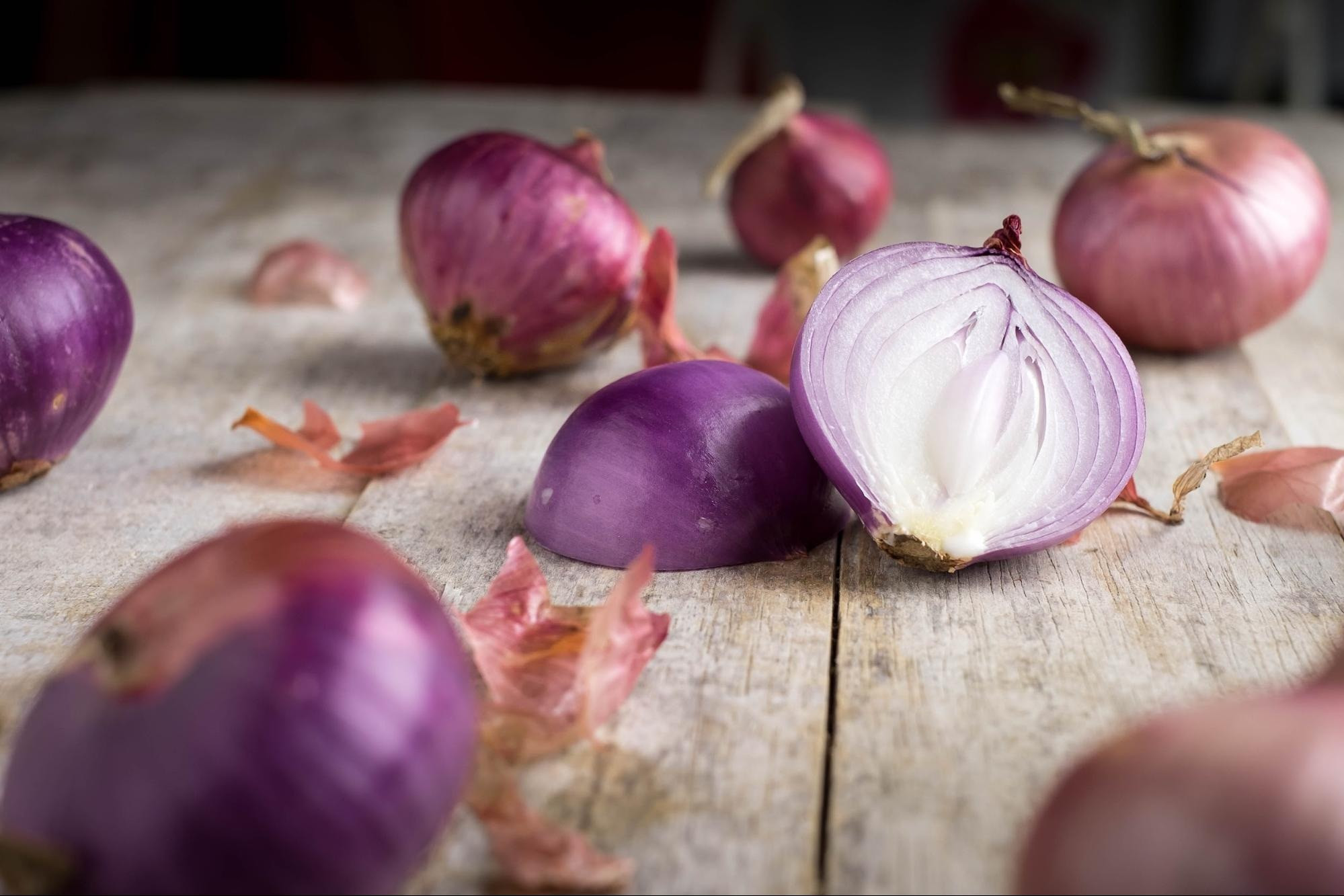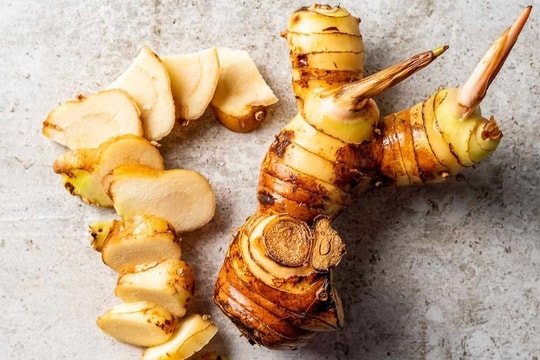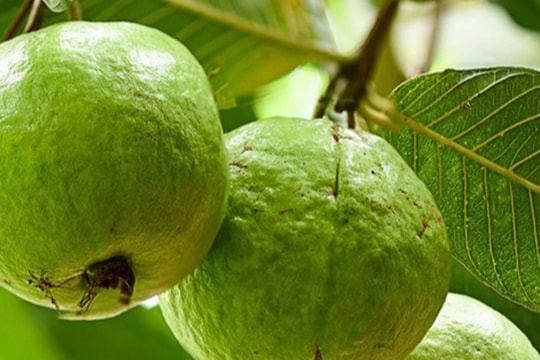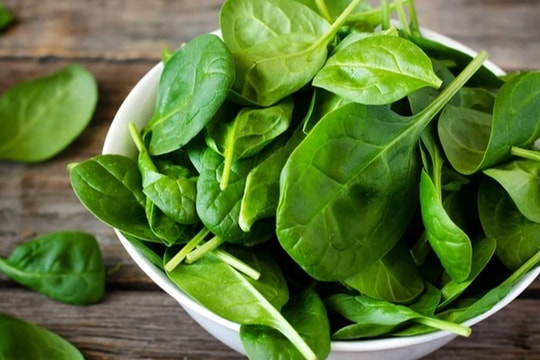Who should not eat onions?
Not only do onions add a sweet and spicy flavor to recipes, they are also loaded with antioxidants, vitamin C, and several important minerals. However, there are some potential risks when using them.
Shallots are smaller than white, yellow, and red onions. Compared to white and yellow onions, shallots are described as having a stronger, sweeter flavor.
Some people also describe their flavor as stronger, while others say it is more subtle. This seems to depend on size. Smaller bulbs tend to have a milder flavor.
The fact that shallots and other onions are pungent in flavor is an indication of their nutritional content.
Their pungent flavor is thought to be a sign of their vasodilating properties and ability to improve blood circulation and reduce inflammation, which is why onions are known to be a heart-healthy food, just like garlic.

Onions have powerful anti-cancer properties and help boost immunity. Photo: Getty
In traditional medicine, it is believed that onions contain 5 types of flavors that foods are classified according to: Sweet (cam), sour (toan), bitter (kho), spicy (tan), astringent. Therefore, when cooking, just a small amount of this ingredient can create a big impact immediately.
It is believed that the onion originated in Central or Southeast Asia thousands of years ago. From there, it quickly traveled to India and the eastern Mediterranean, where it is still widely used today.
Dr. - Traditional Medicine Practitioner Phung Tuan Giang, President of the Vietnam Institute for Research and Development of Traditional Medicine, said that purple onion is considered a medicinal herb that is often prescribed as an effective remedy for a number of diseases in traditional medicine.
In fact, it has been used to treat many ailments for thousands of years. Onions are beneficial in reducing inflammation, muscle aches, swelling, and water retention.
Like other similarly flavored herbs, including onions and garlic, shallots can be eaten raw or cooked, making them versatile and easy to incorporate into recipes. Plus, studies show that eating shallots may help fight cancer, reduce food allergies, and boost detoxification.
Shallots, onions, and garlic are all bulbs or underground stems with striped leaves that have a strong flavor and are high in antioxidants. Like onion and garlic nutrition, shallot nutrition is known to have powerful anti-cancer properties and immune-boosting effects.
Risks and side effects
According to Dr. Giang, most people can eat shallots and other onions without any side effects, although some people may experience indigestion or it may interact with certain medications.
For example, eating a lot of onions can aggravate existing heartburn or acid reflux, although onions do not typically cause heartburn in people who do not already have this condition.
Onions and chives are also foods that can aggravate symptoms associated with irritable bowel syndrome (IBS) in some people. This is because they contain FODMAP carbohydrates, which can cause digestive problems when they are not broken down properly in the gut.
Therefore, experts recommend that if you have IBS and related symptoms such as constipation or frequent bloating, you should go on an elimination diet and see if eliminating common IBS-triggering foods such as garlic and onions helps.
There have also been a few reports of allergic reactions to onions, including asthma, skin rashes, and red, itchy eyes.
"Thus, onions and chives are safe for children and pregnant or breastfeeding women, but they have the potential to cause acid reflux, which is an issue we need to monitor," Dr. Giang noted./.






